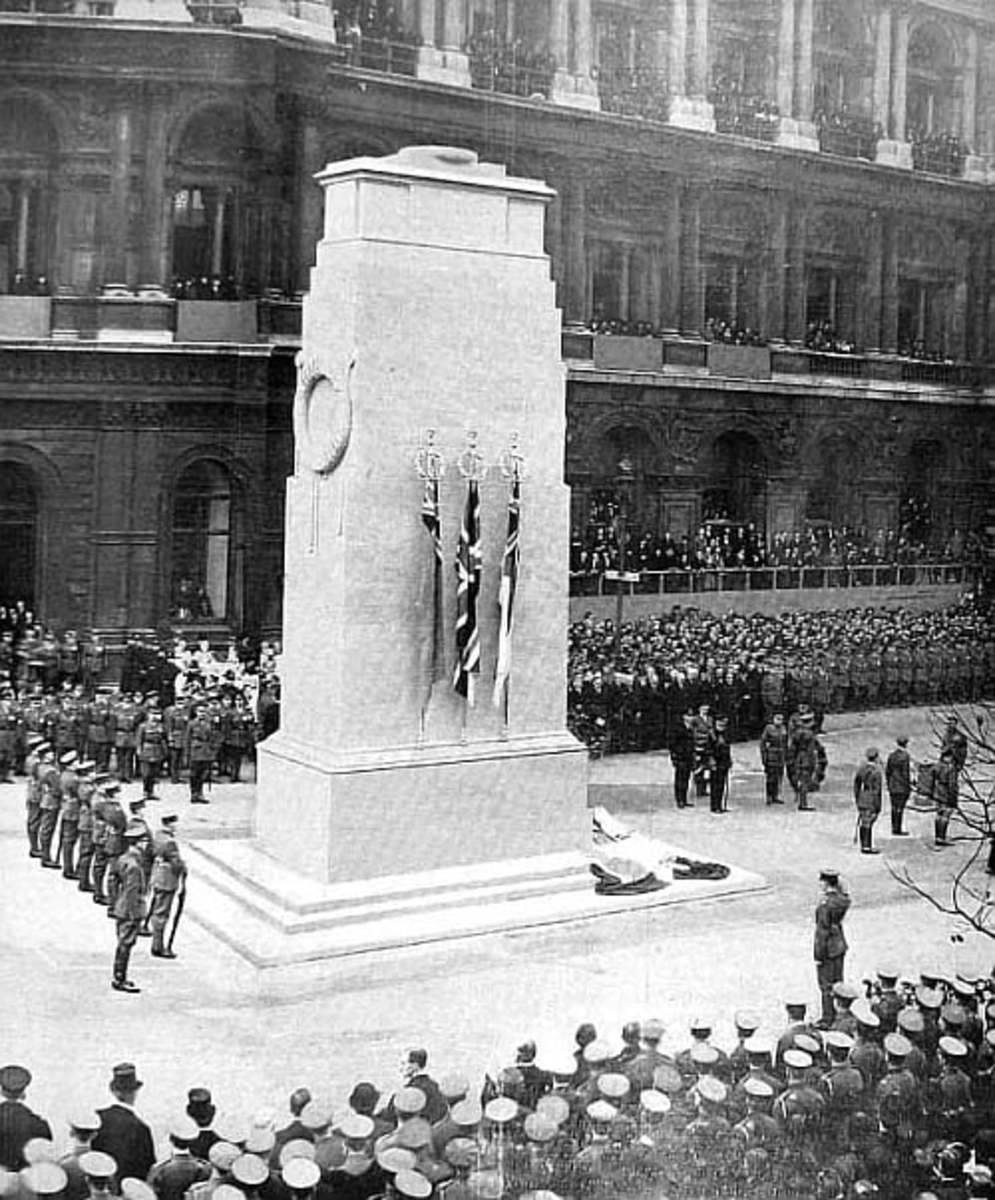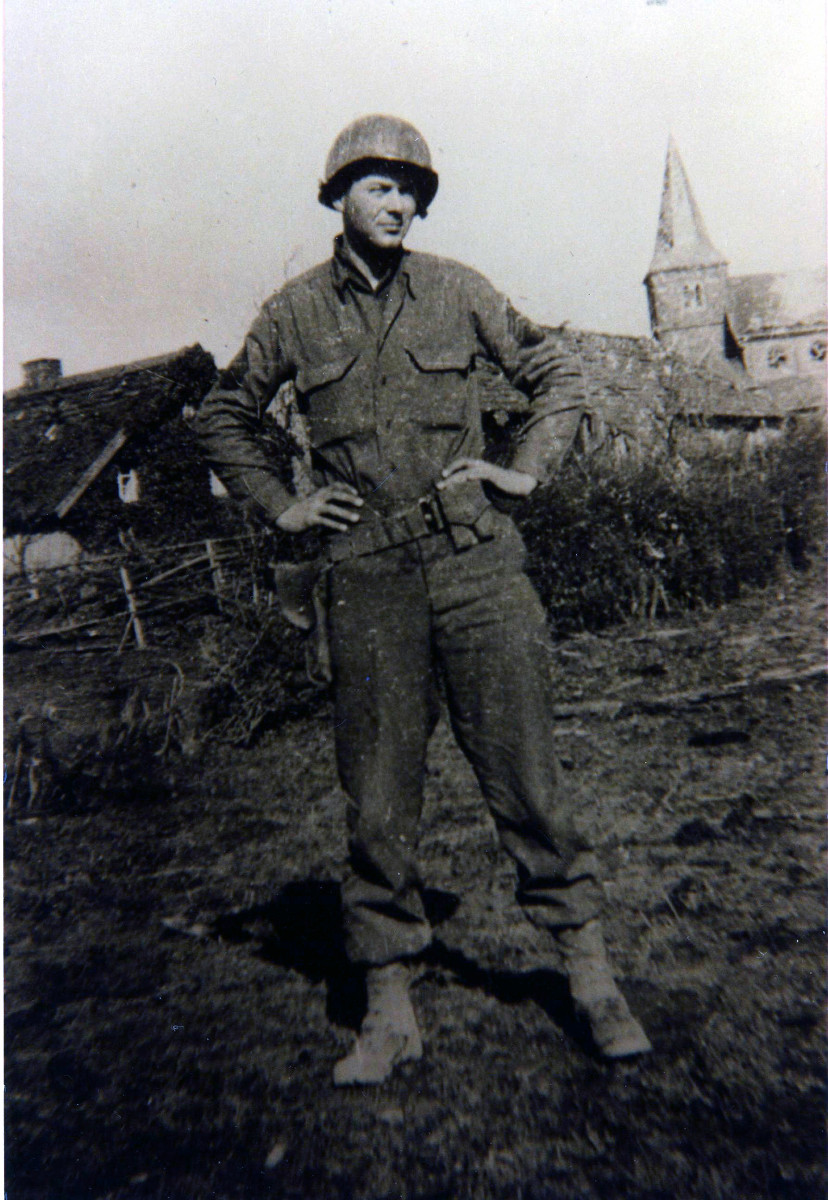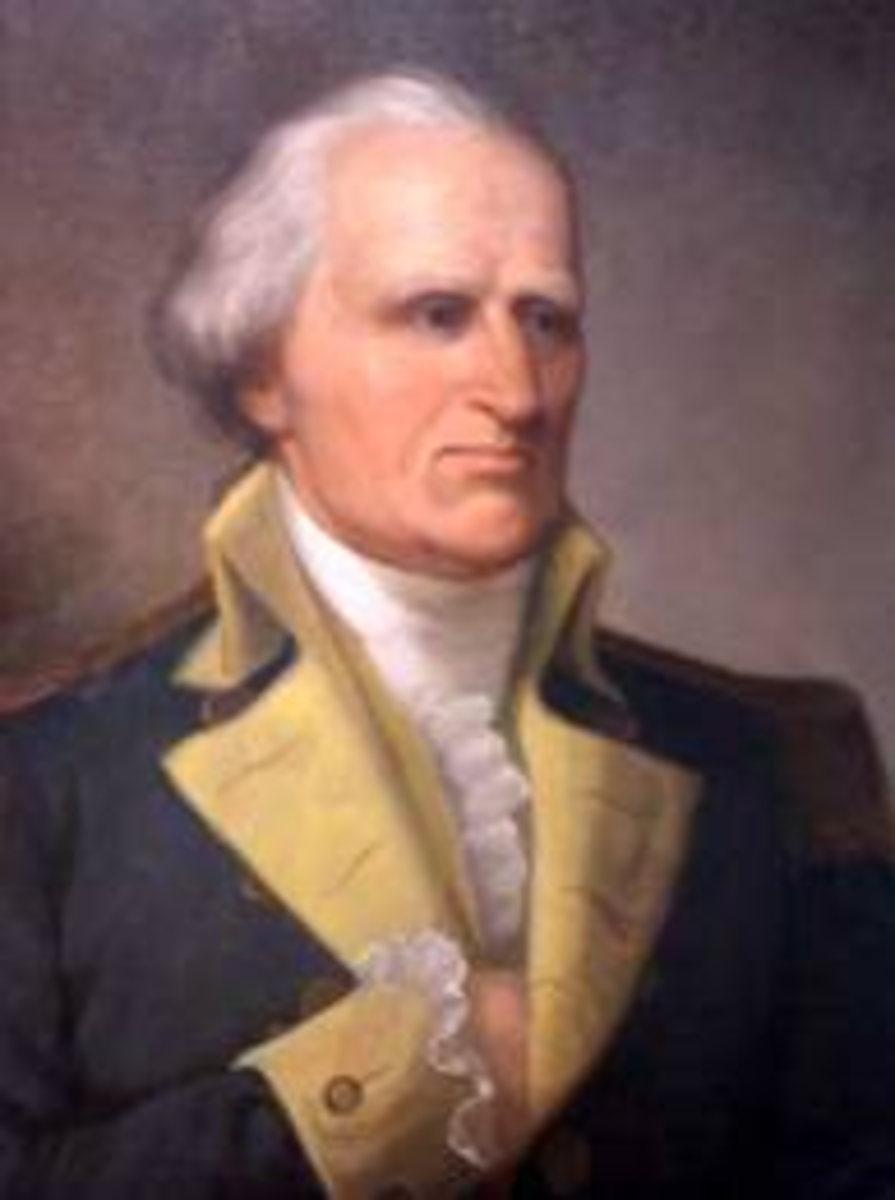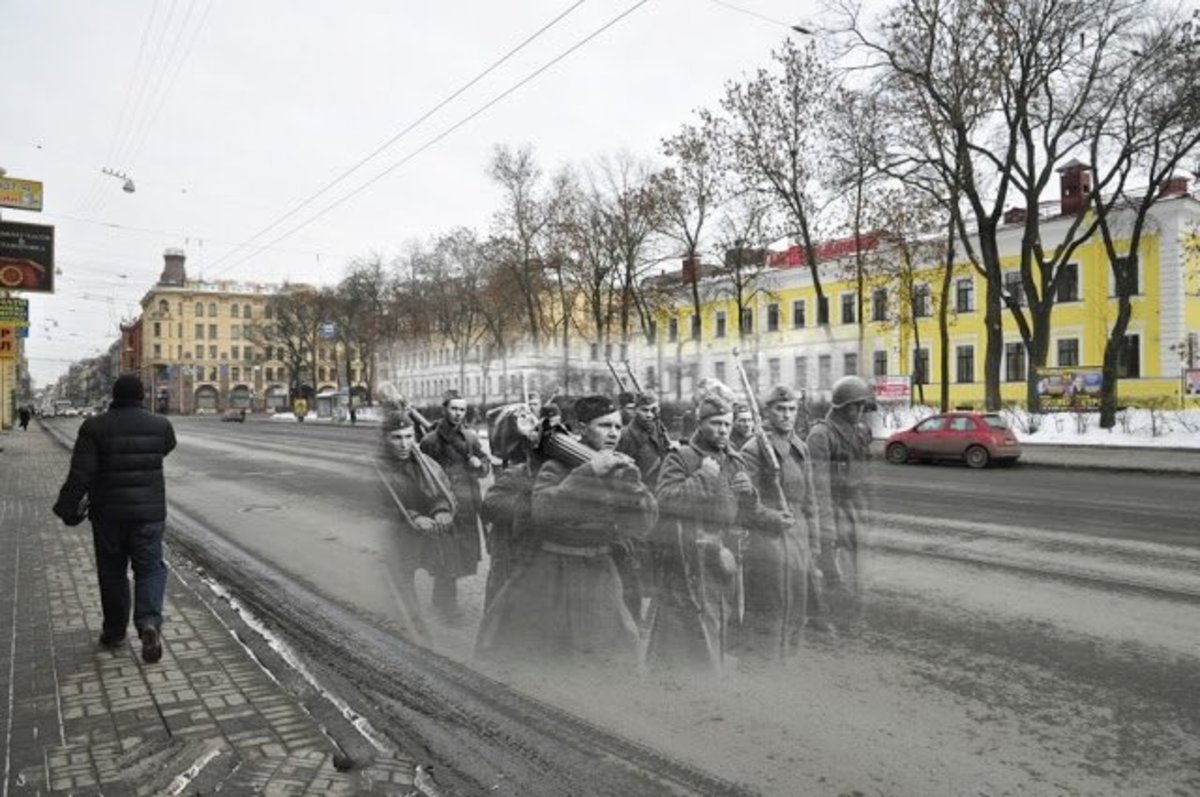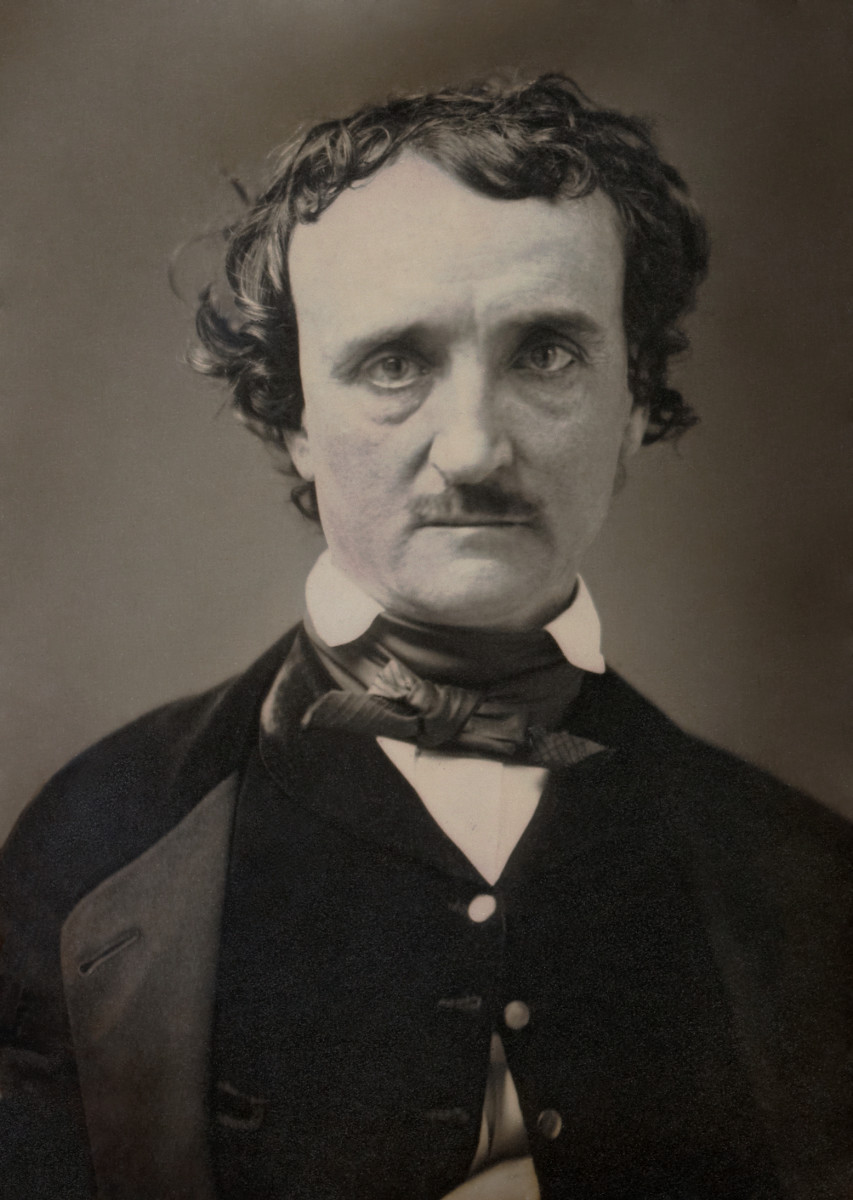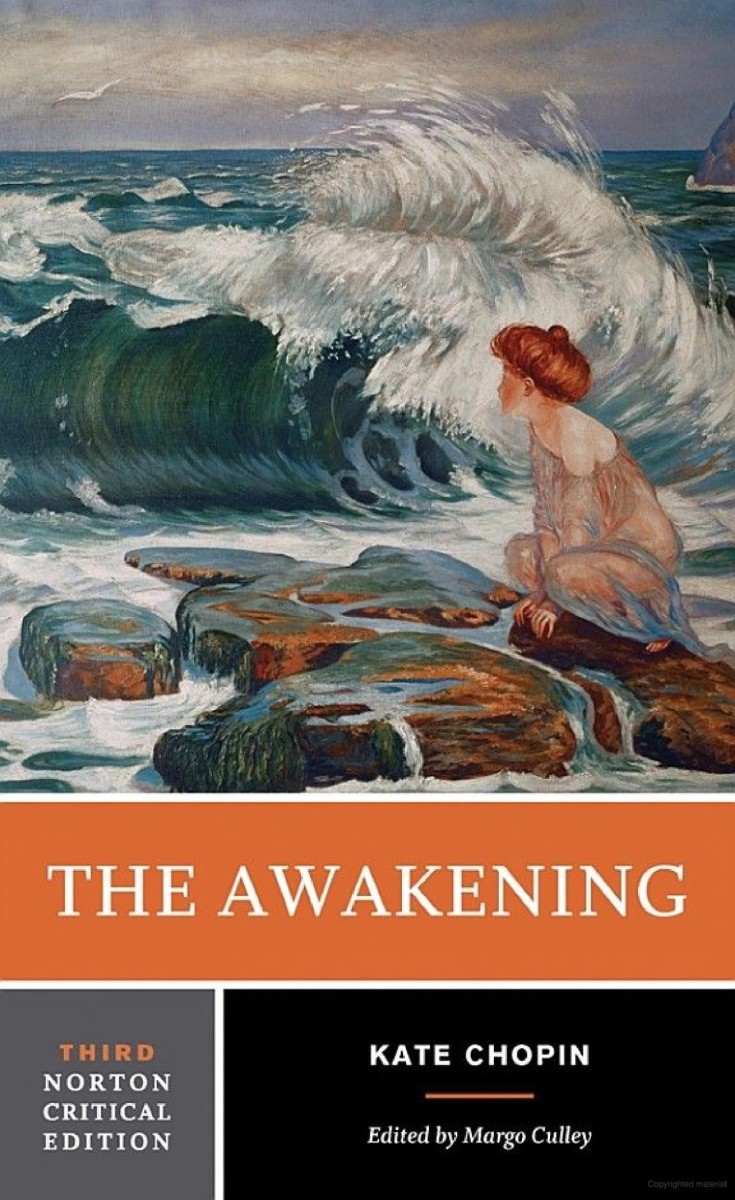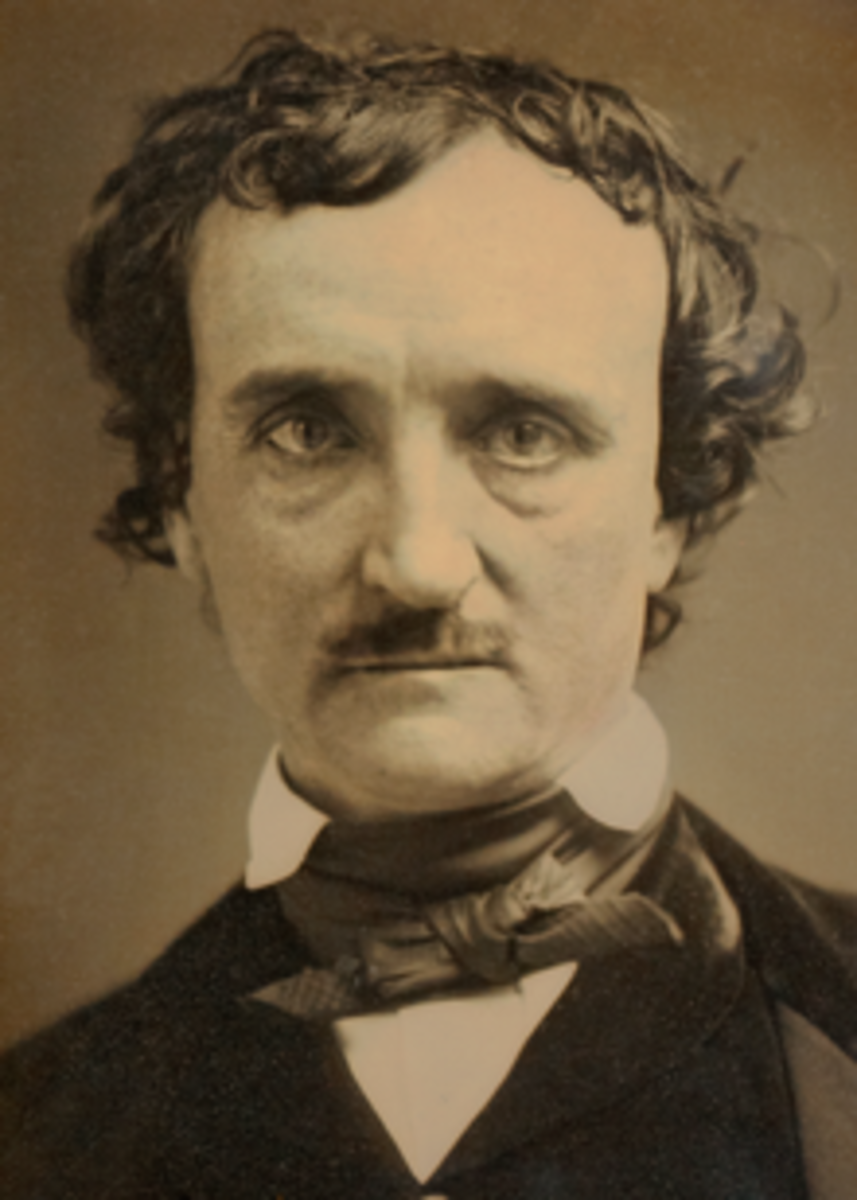The Horrible Consequences of War
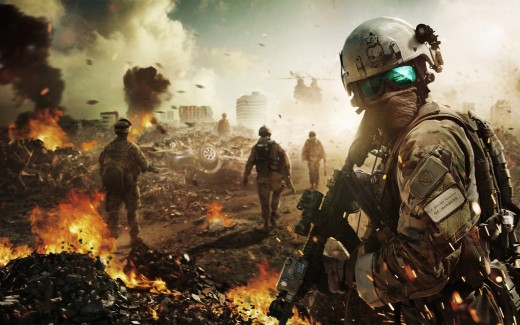
From primitive time to modern day, there has always been war. Whether it is a course of last resort or the first choice of over eager leaders, there are many reasons why. Two parties cannot come to an agreement. One side considers the lands the other side inhabits rightfully theirs, leaving the other to defend their native soil. The people of a nation feel their government does not represent them. Opinion over who is right and wrong can depend on which side of the dispute one is on.
For many who fight, war comes with tales of glory, honor and heroism, without a thought of what war truly encompasses. In The Ethics of War… the authors state, “… it is undeniable that the ideas of honor, glory, and moral superiority have overshadowed the innumerable wrongs and injustices caused by wars.” (viii) It is, in essence, a human activity that equates the seeking of the positive through engaging in mankind’s darkest impulses. St. Augustine states, “War is that human activity which brings the most sorrow to our minds and makes us confess that we are indeed miserable creatures.” (viii) The ultimate consequence of war is destruction, with the casualties being the nations’ resources, societies, and the lives of its people.
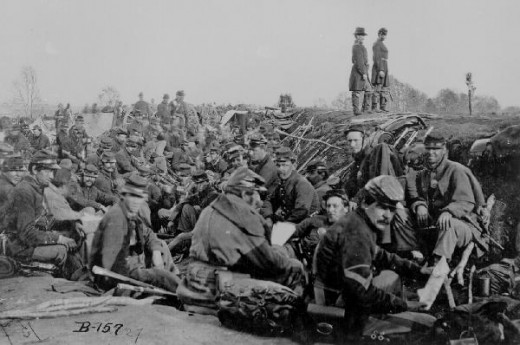
The obvious and most immediately noticeable example of war’s destructive nature is that of a nation’s resources. In the heat of battle, everything in the troops’ path is fair game. Some of the destruction is even strategic. In “An Occurrence at Owl Creek Bridge”, Peyton Farquhar and the union spy discuss the repairs to and future potential destruction of the railroad and its bridges, tunnels and trains. (53-54) In “The Things They Carried”, Tim O’ Brien wrote, “… Lieutenant Jimmy Cross led his men in to the village of Than Khe. They burned everything. The shot chickens and dogs, they trashed the village well, they called in artillery and watched the wreckage…” (384)
While railroad, bridges, and even entire villages can eventually be rebuilt after the carnage and repeat destruction when the troops and peace return, society as a whole is harder to recover. Though a building can be reconstructed, its historical value cannot be restored. In the film Platoon, Stone wrote, “The village, which had stood for maybe a thousand years, didn't know we were coming that day. If they had, they would've run.” Then, if that building is rebuild, even temporarily, it doesn’t mean it’s secure. In “The Things They Carried”, Lieutenant Cross and his men head out to all of the villages beyond Than Khe, presumably to ravage and destroy them as they had done previously. (390) Seeing a destroyed church, hospital, or any man-made structure has a lasting impact on the people who reside there. Seeing them repeatedly destroyed can make them wonder why they should even bother.
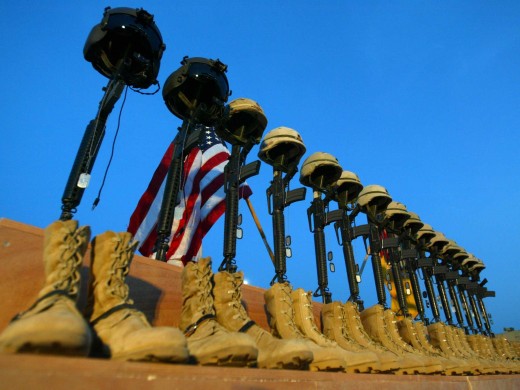
The effects of war are not limited to the people who find their towns and villages in the crossfire. Even though the human psyche is resilient, the horrors of war can and have left mental scars on those who fight. In “The Things They Carried”, Kiowa wishes he was able to feel grief over the death of Lavender, and admires Lieutenant Cross for still being able to. (O’Brien, 385-386) Filmmaker and war veteran Oliver Stone’s semiautobiographical character Pvt. Chris Taylor, while riding a helicopter from the battlefields of Vietnam, observes, “The war is over for me now, but it will always be there, the rest of my days.” (Platoon)
The greatest casualty of war is the one thing that cannot be replaced, rebuilt or alleviated; the loss of life. Many times it is not even a heroic death in the heat of battle. Peyton Farquhar, in his quest for glory and distinction, lost his life by hanging for his actions, leaving his wife a without her husband. (Bierce, 53, 58) Ted Lavender was killed not in battle, but shot in the head coming back from relieving himself. (O’Brien, 382) Martin Luther asked the question, “What have the many women and children done to deserve being made widows and orphans in order that you may avenge yourself on a worthless tongue or evil hand which has injured you?” (267)
Oliver Stone stated, “The first casualty of war is innocent.” (Platoon) That innocence has met it end through history, either by stick, club spear, arrow, cannon, gun or bomb. It dies due to humanities’ darkest instincts of which large scale conflict inspires. Even when justified, no one should take the commitment of troops to battle lightly when they have an understanding of the cost of war. When one takes into account the losses war causes, costs in property, lives and rebuilding a functioning society, the price will be viewed extremely high indeed.
Works Cited
Bierce, Ambrose. “An Occurrence at Owl Creek Bridge” Literature: A Portable Anthology. Second Edition. Ed. Janet E. Gardner, et al. Boston: Bedford/St. Martin’s, 2009. 51-58. Print
Luther, Martin. On Temporal Authority: To What Extent It Should Be Obeyed. The Ethics of War: Classic and Contemporary Readings. Ed. Reichberg, Gregory M., Henrik Syse and Endre Begby. John Wiley & Sons, 2006. 267-268. Print
O’Brien, Tim. “The Things They Carried” Literature: A Portable Anthology. Second Edition. Ed. Janet E. Gardner, et al. Boston: Bedford/St. Martin’s, 2009. 375-390. Print
Reichberg, Gregory M., Henrik Syse and Endre Begby. “Preface” The Ethics of War: Classic and Contemporary Readings. Ed. Reichberg, Gregory M., Henrik Syse and Endre Begby. John Wiley & Sons, 2006. Viii-xii. Print
Stone, Oliver, dir. Platoon. Pref. Charlie Sheen, Tom Berenger, Willem Dafoe, Johnny Depp, Forest Whitaker, John C. Reilly, and Kevin Dillon. Orion, 1986. DVD
© 2017 Kristen Willms

